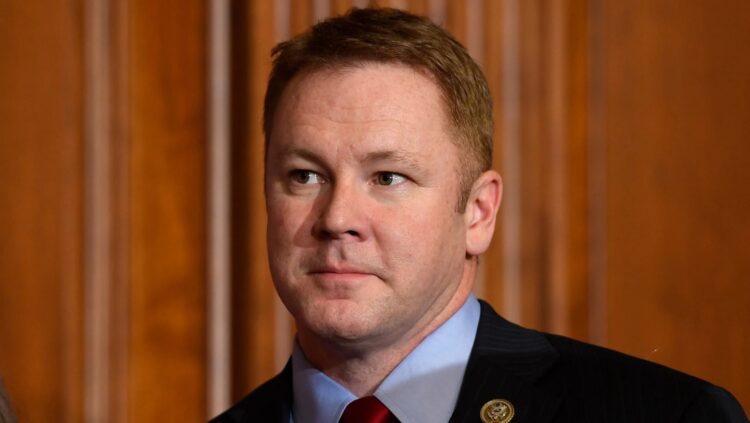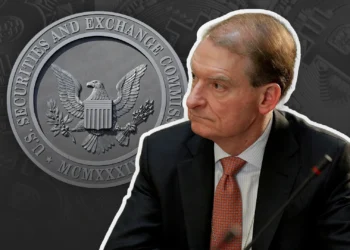Republican Congressman Warren Davidson has joined a growing number of U.S. politicians to advocate against the creation of central bank digital currencies (CBDCs). He urged Congress to pass legislation that would not only prevent the issuance of CBDCs but also impose penalties for their development.
In a tweet on July 23, 2023, Davidson compared the Federal Reserve’s efforts to develop CBDCs to “building the financial equivalent of the Death Star.” He expressed concerns that CBDCs could be used to manipulate and control the monetary system, transforming money into a tool for coercion.
Davidson’s tweet was prompted by a job posting from the Federal Reserve Bank of San Francisco, which advertised a position for a “senior crypto architect” for a CBDC project.
The Federal Reserve is building the financial equivalent of the Death Star.
Central Bank Digital Currency (CBDC) corrupts money into a tool for coercion & control.
Congress must swiftly ban then criminalize any effort to design, build, develop, test or establish a #CBDC. pic.twitter.com/9JWiyj5H2f
— Warren Davidson ???????? (@WarrenDavidson) July 23, 2023
The Congressman emphasized the importance of money as a reliable store of value, free from centralized control, and advocated for a financial system that facilitates peer-to-peer transactions and operates in a decentralized manner.
Although the Federal Reserve has been exploring the possibilities of a digital currency, no official decision has been reached on its issuance. Nevertheless, the idea of a digital U.S. dollar has sparked intense debate nationwide and is expected to be a significant topic during the upcoming presidential election.
Davidson is not alone in expressing concerns over CBDCs. Florida Governor and U.S. presidential candidate Ron DeSantis has vowed to block the introduction of any CBDC if elected. He previously signed a law regulating the use of CBDCs within Florida on worries about a digital dollar under centralized control.
Another Republican, Tom Emmer, has also emerged as a prominent voice opposing state-run digital currencies. He cites concerns about potential misuse and invasion of privacy, highlighting the need to protect citizens’ financial privacy from unelected bureaucrats in Washington, DC. To address these concerns, Emmer introduced the CBDC Anti-Surveillance State Act in February, aimed at safeguarding citizens’ right to financial privacy.
In March 2023, Senators Ted Cruz and two other Republican senators introduced legislation to prevent the U.S. Federal Reserve from launching a CBDC for direct-to-consumer use. Cruz argued that the introduction of a retail CBDC could be exploited for financial surveillance and underscored the government’s lack of unilateral power to introduce a central bank currency.
In addition to political figures, the Cato Institute, a libertarian think tank, has expressed similar concerns about programmable CBDCs. The institute warns against potential manipulation and the use of CBDCs as a surveillance tool to suppress politically unpopular activities.
As the debate surrounding CBDCs intensifies, politicians and experts continue to grapple with the implications of introducing a digital U.S. dollar and its potential impact on financial privacy and centralized control. The future of CBDCs remains uncertain, but the voices opposing their implementation are growing stronger.
If you want to read more news articles like this, visit DeFi Planet and follow us on Twitter, LinkedIn, Facebook, Instagram, and CoinMarketCap Community.
“Take control of your crypto portfolio with MARKETS PRO, DeFi Planet’s suite of analytics tools.”





















